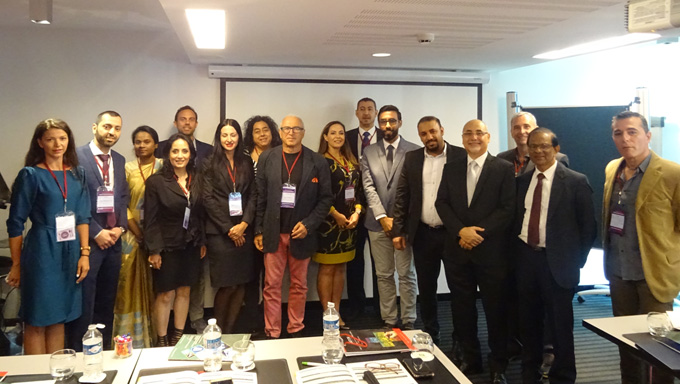
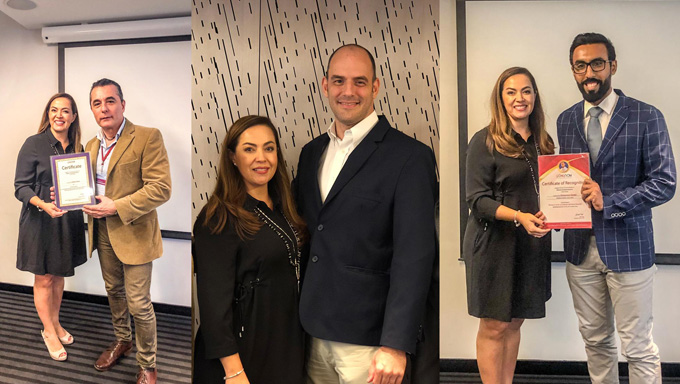
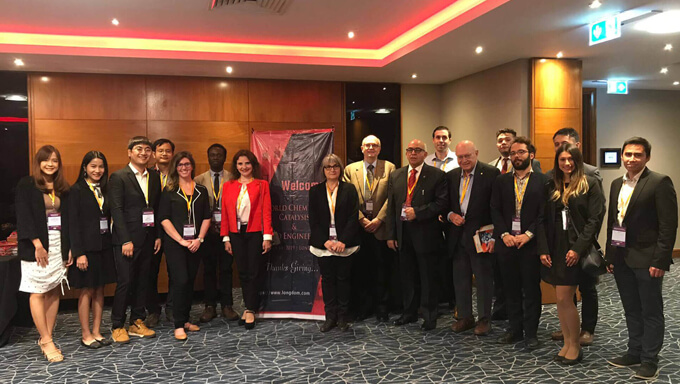
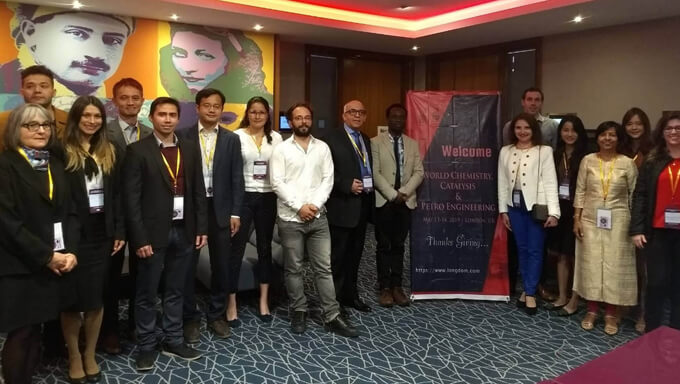
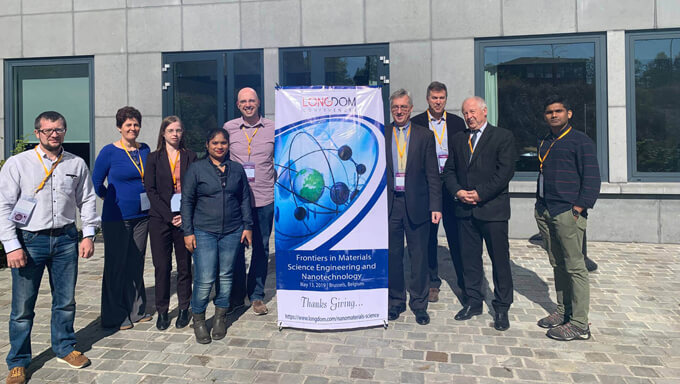
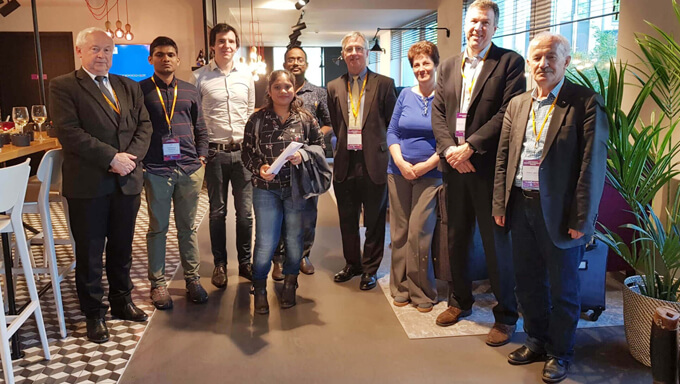
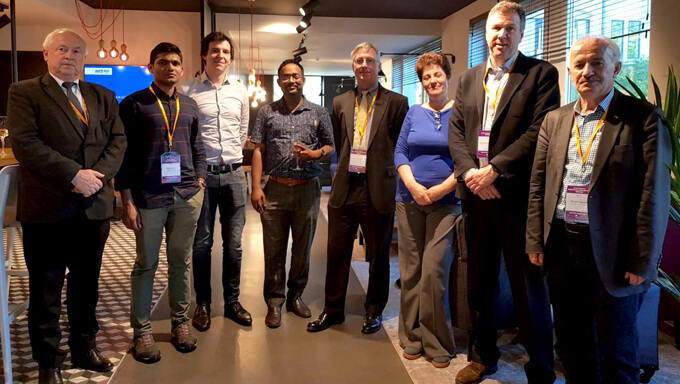
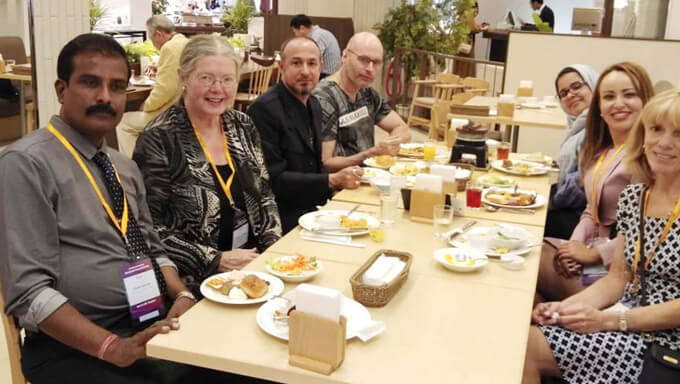
Xenotransplantation has the potential to alleviate the critical shortage of organs for transplantation in humans. However, multiple barriers exist to the broad clinical application of xenotransplantation, including immunologically mediated graft rejection of xenogeneic tissues, metabolic or molecular incompatibilities between donor organs and humans, ethical concerns, and the risk of infections that may be transmitted from donor species to humans.
Face transplant surgery can restore the physical functionality of a human face, including the ability to breathe, speak, swallow, smile and show other emotions. There are two major reasons why face transplant surgery should lead to less pain and discomfort. One is that face transplant surgery is one large procedure, whereas conventional face reconstruction involves many surgeries and many recoveries. Another is that face transplant surgery does not involve other surgical sites on the body where the patient’s own skin is removed for use on the face.
A major problem following transplantation is that the immune system of the recipient sees the grafted tissue as 'foreign' and attacks and destroys it. Historically, the focus of transplant immunology has mainly relied on targeting the mechanisms of specific (adaptive) immunity. However, there are emerging data that both rejection and tolerance are influenced by both nonspecific (innate) and adaptive immune responses.
Transplant experiments are often used to test if there is a genetic component to differences in populations. Advances in molecular biology have provided researchers with the ability to study genetic variation more directly. However, transplant experiments still have the advantages of being simple and requiring little technology. Common garden methods can be improved by combining evidence with genomic studies, the use of dense marker panel data, and modern statistical methods.
The most commonly transplanted solid organ is the kidney, but the field of solid organ transplantation also includes the heart, liver, pancreas, lung or intestine. Nowadays, transplantation still remains the best solution for organ failure, even in the face of graft rejection.
Histocompatibility has a measurable effect on whole organ transplantation, increasing life expectancy of both the patient and organ. HLA similarity is therefore a relevant factor when choosing donors for tissue or organ transplant. This is especially important for pancreas and kidney transplants.
We let our ground-breaking work and our amazing clients speak for us…… LONGDOM conferences